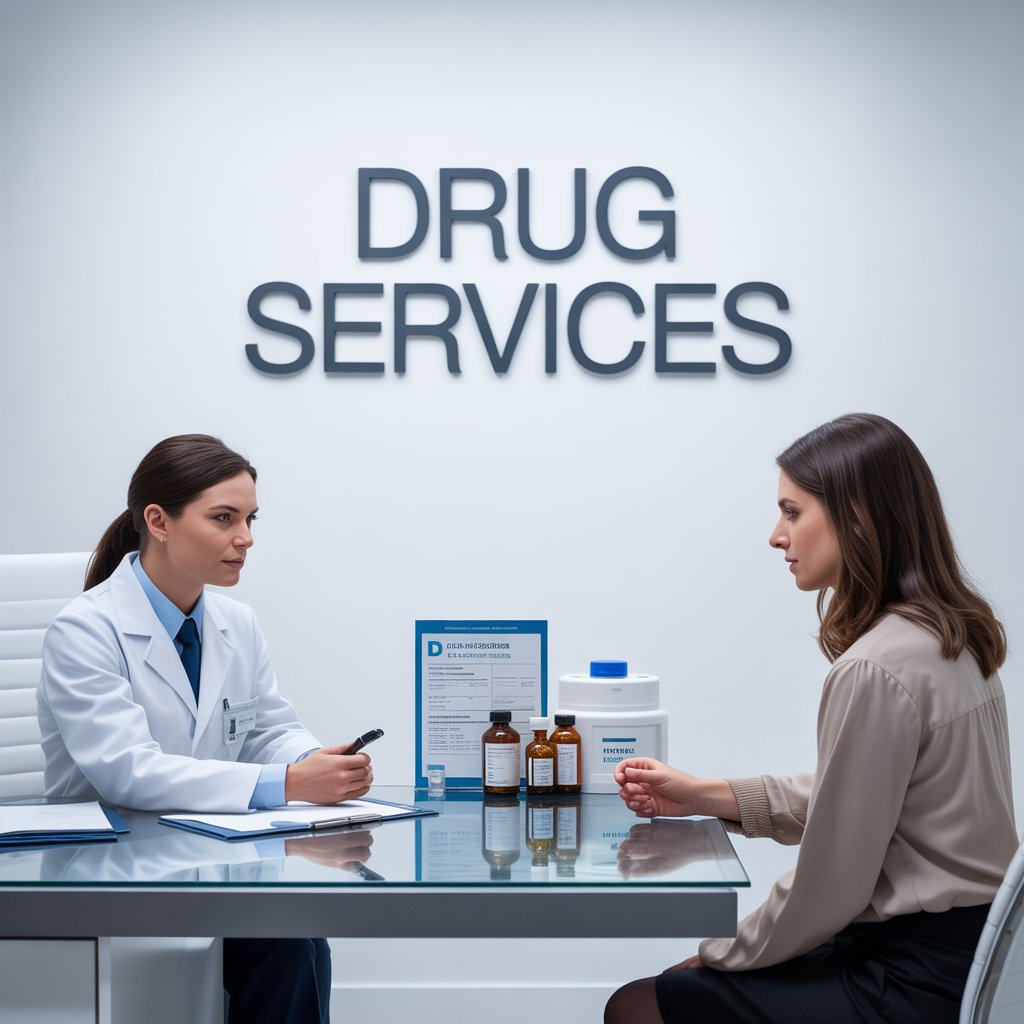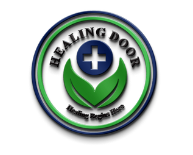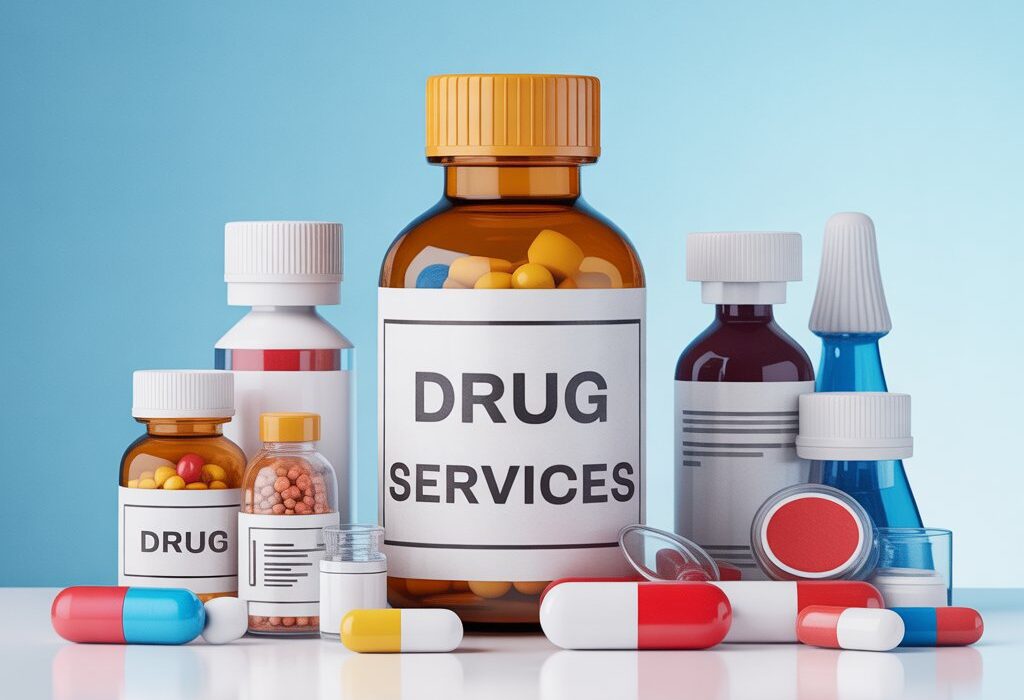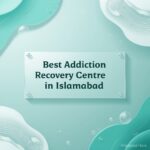Comprehensive Drug Services: A Path to Recovery
The journey from substance use disorder to sustainable recovery is one of the most challenging transitions an individual can face. For those seeking help in Rawalpindi and Islamabad, accessing professional drug services represents the critical first step toward reclaiming control, health, and hope. These comprehensive drug services encompass far more than simple detoxification; they provide a holistic framework addressing the complex psychological, physical, and social dimensions of addiction. Understanding the full scope of these drug services is essential for individuals and families ready to begin the healing process.
The Multifaceted Nature of Modern Drug Services
Modern addiction treatment has evolved significantly from outdated models that focused solely on abstinence. Today, professional drug services operate on the understanding that addiction is a chronic brain disorder requiring continuous, multi-faceted management. The most effective programs offer an integrated continuum of care, ensuring support is available at every stage of the recovery journey. This comprehensive approach is vital because it treats the whole person, not just the symptoms of their substance use.
Core Components of Effective Drug Services
A reputable treatment center provides a structured pathway designed to guide individuals from crisis to stability and eventually to long-term independence. Key components include:
1. Professional Assessment and Personalized Planning
The recovery process begins with a thorough bio-psycho-social assessment. This evaluation is conducted by qualified professionals to understand the individual’s substance use history, mental health status, and social environment. Based on this assessment, a customized treatment plan is developed. This personalized roadmap ensures that the specific needs of the individual are met, setting a clear and achievable direction for their recovery.
2. Medically Supervised Detoxification
For many substances, the initial physical withdrawal phase can be uncomfortable and, in some cases, medically dangerous. Medically supervised detox provides a safe, comfortable environment where individuals can cleanse their bodies of addictive substances. Under 24/7 medical care, withdrawal symptoms are managed, and vital signs are monitored. This crucial first step stabilizes the patient physically, preparing them for the psychological work of therapy that follows.
3. Evidence-Based Therapeutic Interventions
The psychological core of addiction is addressed through various evidence-based therapies. These are typically conducted in both individual and group settings. Cognitive Behavioral Therapy (CBT) helps patients identify and change destructive thought patterns that lead to drug use. Furthermore, group therapy sessions build a powerful sense of community and shared experience, reducing the isolation that often fuels addiction. Family therapy is also a critical element, healing damaged relationships and creating a supportive home environment for recovery.
4. Aftercare and Relapse Prevention
Recovery is a lifelong process that does not end when a residential program is completed. Robust aftercare planning is what separates effective programs from those with high relapse rates. This includes ongoing outpatient counseling, connection to support groups like Narcotics Anonymous (NA), and alumni programs. The goal of aftercare is to provide a durable support network and coping strategies that help the individual navigate the challenges of daily life without returning to substance use.

Choosing the Right Service Provider in Rawalpindi
When searching for drug services in Rawalpindi, it is important to select a provider that offers a compassionate, non-judgmental environment. Look for a center with certified medical doctors, licensed therapists, and a proven track record of success. The best centers will offer a combination of medical expertise and psychological support, ensuring a comprehensive approach to healing for both the body and the mind.
A Commitment to a New Beginning
Choosing to engage with professional drug services is an act of profound courage. It is the decision to fight for a healthier, more stable future. With the right support system, recovery is not just a possibility—it is an achievable reality. These services provide the tools, community, and professional guidance necessary to build a fulfilling life free from addiction.
Frequently Asked Questions (FAQs)
1. What is the first step to accessing drug services?
The first step is typically a confidential assessment with an addiction specialist. This evaluation helps determine the level of care needed and creates a personalized treatment plan tailored to the individual’s specific situation.
2. How long does a typical treatment program last?
The duration of treatment varies significantly based on individual needs. Programs can range from short-term intensive outpatient care (30-90 days) to long-term residential stays (90 days or more). The treatment plan is always personalized.
3. Do you offer support for families?
Yes, comprehensive drug services include family therapy and education. Addiction affects the entire family system, and involving loved ones in the healing process is crucial for rebuilding trust and creating a stable recovery environment.
4. Is medical detox always necessary?
Not for every substance or level of dependence, but it is highly recommended for alcohol, benzodiazepines, and opioids. A medical assessment will determine if supervised detox is required to ensure safety and comfort.
5. What happens after I complete a treatment program?
A strong aftercare plan is developed, which may include ongoing outpatient therapy, sober living arrangements, and connections to local support groups to ensure you have the tools for long-term success.




